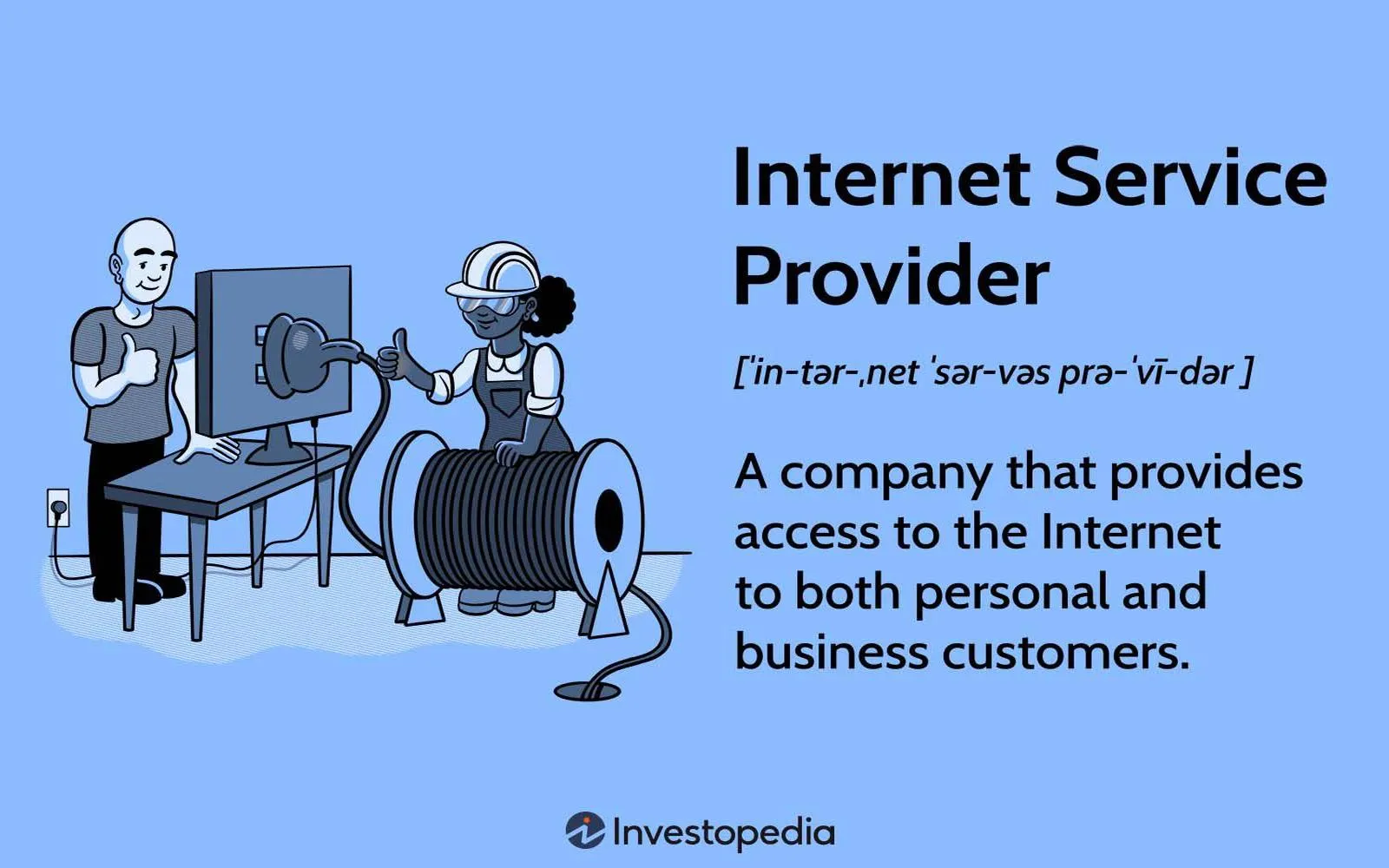How to Choose the Right Divorce Attorney: A Comprehensive Guide
Divorce is often a challenging and emotional experience, and finding the right divorce attorney can make all the difference. Your attorney will guide you through the legal complexities of divorce, helping you navigate the emotional stress, divide assets, determine custody arrangements, and ensure your rights are protected. Choosing the right divorce lawyer is crucial to ensure that your interests are well represented. In this guide, we will explore important factors to consider when hiring a divorce attorney, the various types of attorneys available, and how to make an informed decision.
1. Understanding the Role of a Divorce Attorney
A divorce attorney is a legal professional who specializes in handling divorce cases and related family law matters. Their job is to ensure that the divorce process is carried out fairly, efficiently, and in accordance with the law. Divorce attorneys can assist with:
- Filing divorce petitions
- Negotiating settlements (property division, spousal support, etc.)
- Child custody and child support arrangements
- Representing you in court if necessary
- Providing legal advice during the process
2. Factors to Consider When Choosing a Divorce Attorney
a. Experience in Divorce Law
When hiring a divorce attorney, experience matters. Divorce law can be complex, and each case is unique. An attorney with extensive experience in family law will better understand the nuances of your case and be better prepared to navigate the potential obstacles you may face.
Questions to ask:
- How many divorce cases have you handled?
- What is your experience with cases like mine (e.g., child custody, complex asset division)?
- Do you specialize in family law or handle a wide variety of cases?
b. Compatibility and Communication
Divorce can be emotionally taxing, and you will need an attorney you feel comfortable with. Having a strong attorney-client relationship based on trust and communication is essential. You need someone who is empathetic, listens to your concerns, and keeps you informed throughout the process.
Questions to ask:
- Do you feel comfortable discussing personal details about your marriage and family?
- How responsive are you to emails and phone calls?
- Will I be working directly with you or with a team?
c. Location and Accessibility
It’s important to hire an attorney who is familiar with the family laws of the state where your divorce is being processed. Local attorneys are often more effective because they understand the local court systems and judges.
Questions to ask:
- Are you licensed to practice in this state?
- Are you familiar with the local court procedures?
d. Reputation and References
Researching your potential attorney’s reputation can save you from unpleasant surprises. Online reviews, testimonials, and personal recommendations from friends or family can give you insight into the attorney’s professional conduct and client satisfaction.
Questions to ask:
- Can you provide references from previous clients?
- What do other people say about your services?
e. Fees and Billing Structure
Divorce can be an expensive process, and it’s important to be clear about the cost upfront. Attorneys may charge hourly rates, flat fees, or a retainer. Ensure you understand how billing will work and whether additional costs (such as court fees or expert witness fees) will be involved.
Questions to ask:
- What is your billing structure?
- Do you offer free consultations?
- What is the total estimated cost of my divorce case?
3. Types of Divorce Attorneys
There are different types of divorce attorneys based on their approach and specialization. Knowing which type best fits your needs can help you make an informed decision.
| Type of Divorce Attorney | Description | Best for |
|---|---|---|
| Collaborative Divorce Attorney | Works with both parties and their attorneys to reach a mutually agreed settlement outside of court. | Couples who want an amicable, less adversarial divorce. |
| Litigation Attorney | Represents clients in court and handles contested divorces. | Complex divorces where litigation and court involvement are likely. |
| Mediation Attorney | Assists in guiding both parties through the mediation process to reach a settlement. | Couples who prefer negotiation over litigation. |
| Family Law Specialist | Specializes in all aspects of family law, including divorce, custody, and support. | Those requiring expert knowledge of family law. |
| General Practice Attorney | Handles a wide range of legal matters, not just divorce. | Less complex cases or when budget is a concern. |
4. Steps to Choosing the Right Divorce Attorney
a. Research and List Potential Attorneys
Start by gathering names of potential attorneys from online searches, referrals, or family/friends. You can also visit the American Bar Association (ABA) website or local bar associations to find certified attorneys in your area.
b. Interview Your Top Choices
Schedule consultations (many divorce lawyers offer free initial consultations) with your top choices. This gives you a chance to assess their expertise, approach, and whether they align with your needs. Pay attention to their communication skills and whether they seem genuinely interested in your case.
c. Evaluate Costs and Compatibility
After your initial consultations, compare the attorneys based on their fees, experience, communication style, and your comfort level with them. Choose the attorney who makes you feel confident and at ease.
d. Make a Decision
Once you have gathered all the necessary information, make your decision based on the factors that matter most to you. The right attorney should be experienced, communicative, and aligned with your goals for the divorce.
5. Conclusion
Choosing the right divorce attorney is one of the most important decisions you'll make during the divorce process. A good attorney will not only guide you through the legal steps but will also be your advocate and protector throughout the entire process. By taking the time to research, ask the right questions, and understand your needs, you can ensure that you have the support necessary for a fair and efficient divorce.
Remember, a divorce lawyer is not just a legal professional but a key player in navigating one of life’s most challenging transitions. Choose wisely, and you’ll have a stronger foundation for your future.
Explore

How to Choose the Right Local Solar Installer

Moving Company and Services: What to Expect and How to Choose the Right One

The Importance of Hiring the Best Criminal Defense Attorney

How to Find a Brain Injury Attorney

Choosing the Right Business Internet Provider

Finding the Right Local Law Firm for Your Legal Needs

The Best Internet Business Phone Systems: A Comprehensive Guide

How to Find a Good Slip and Fall Lawyer: A Comprehensive Guide
